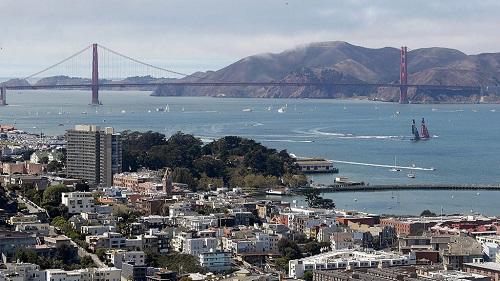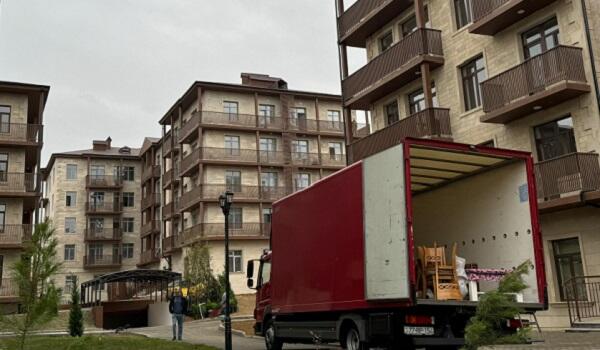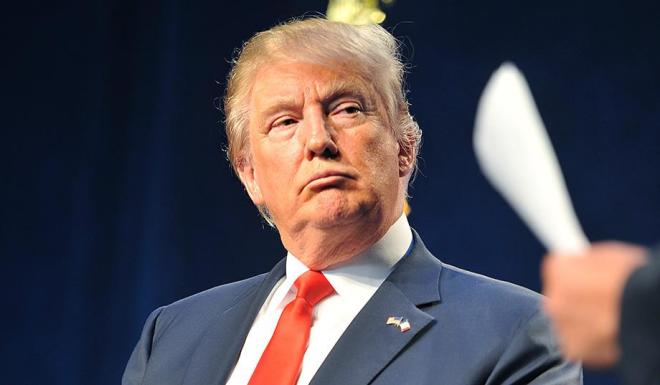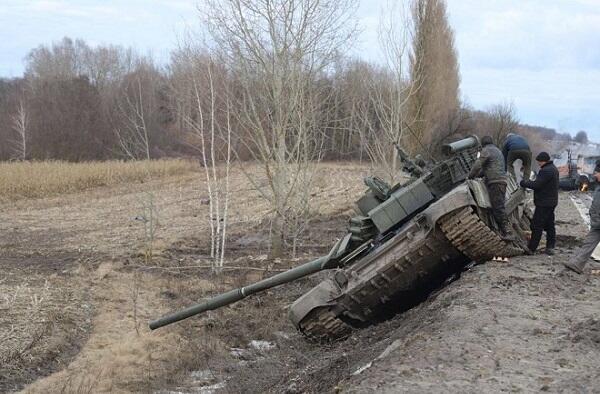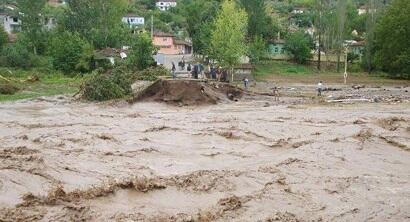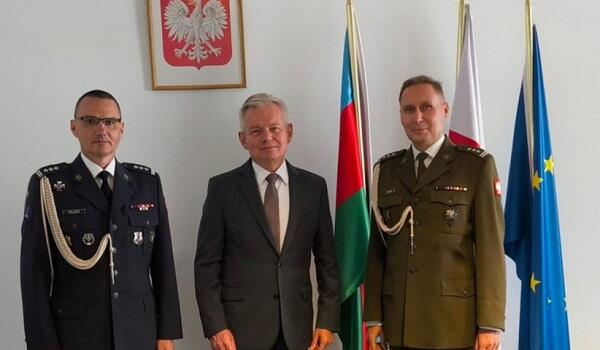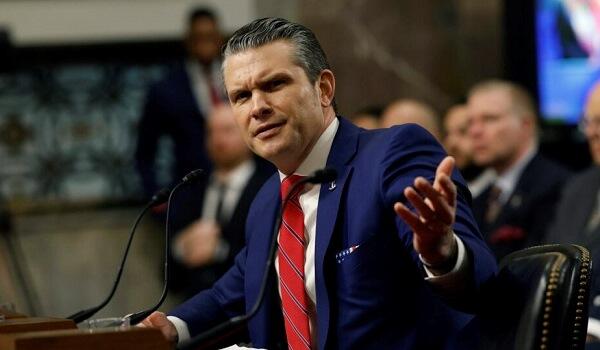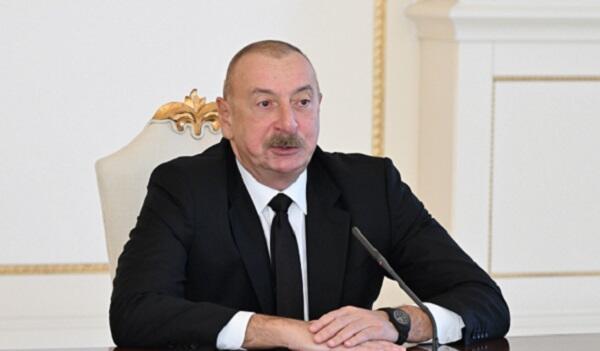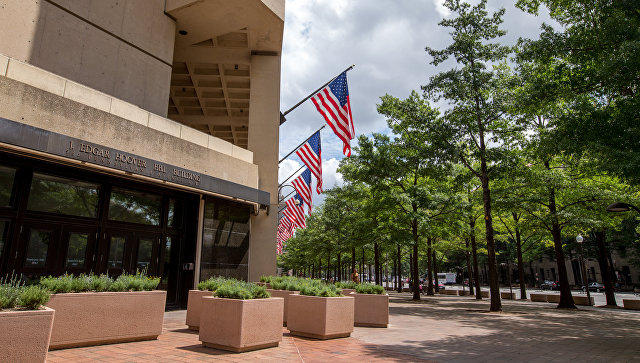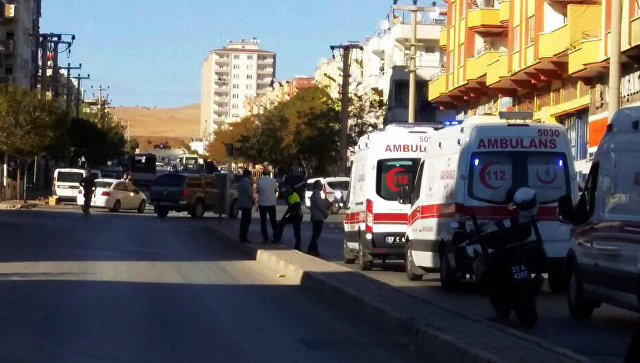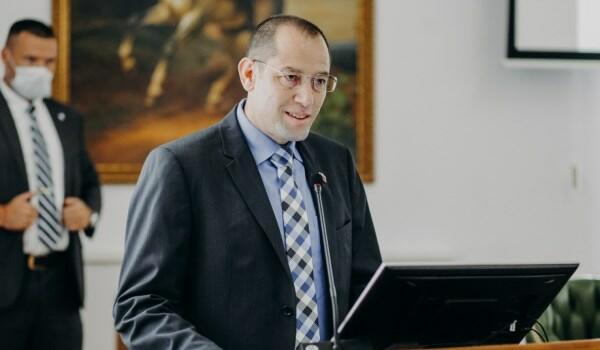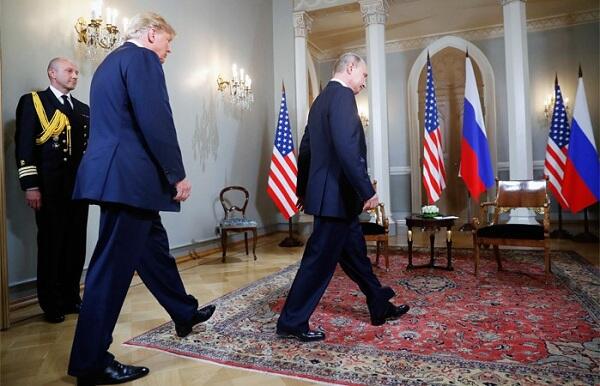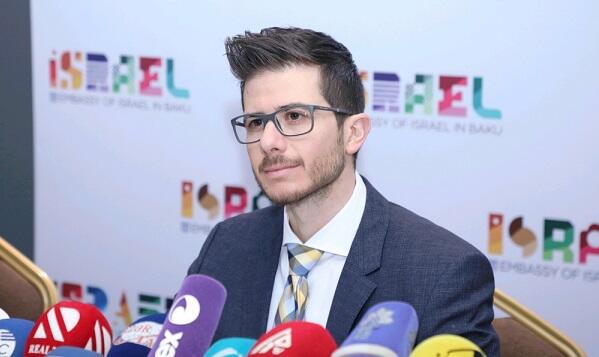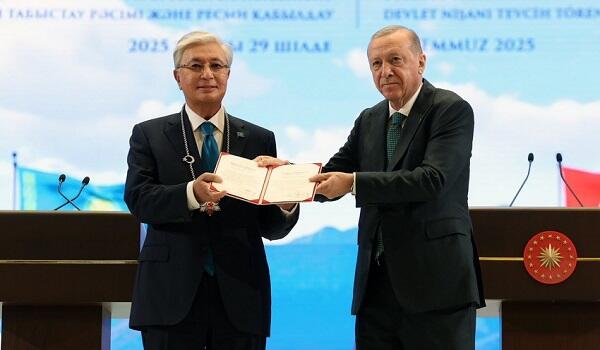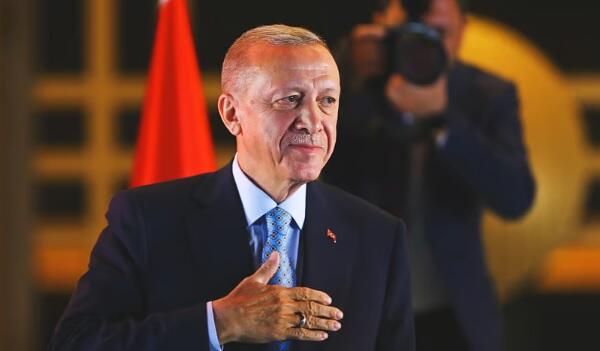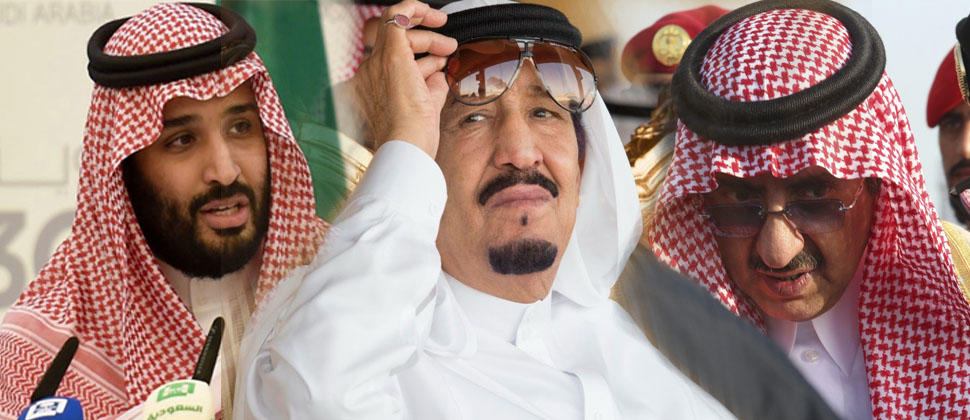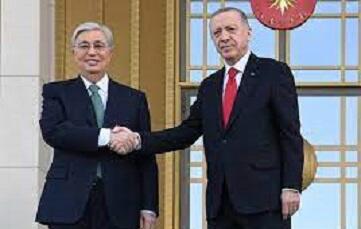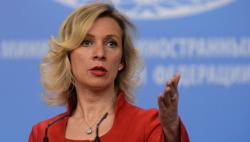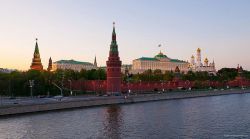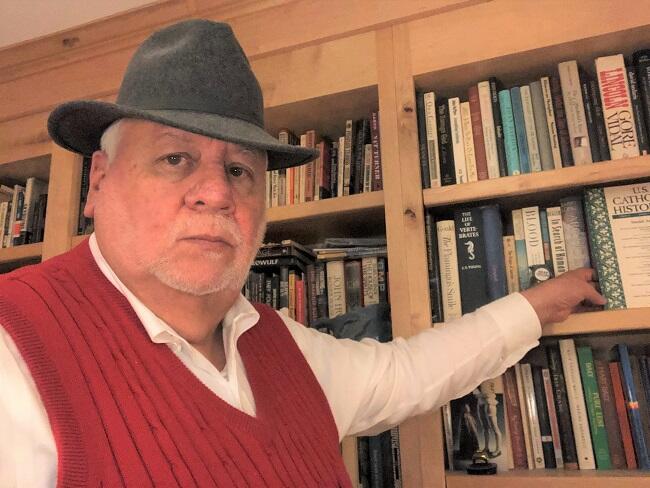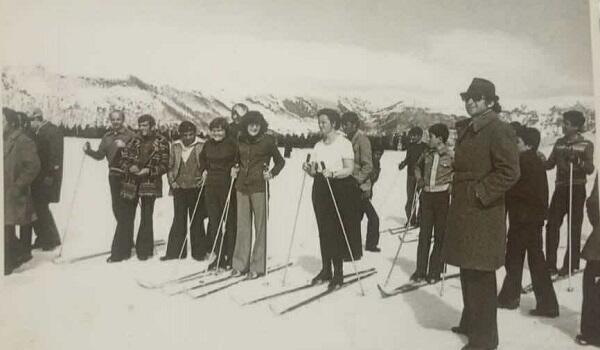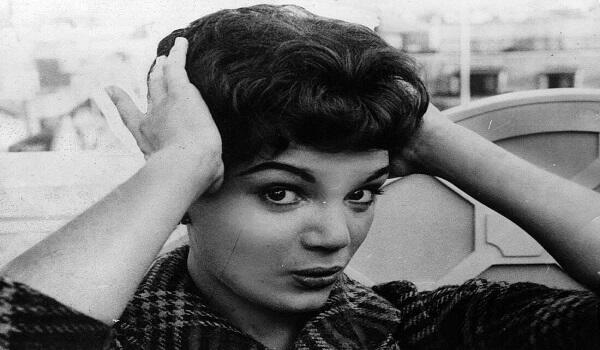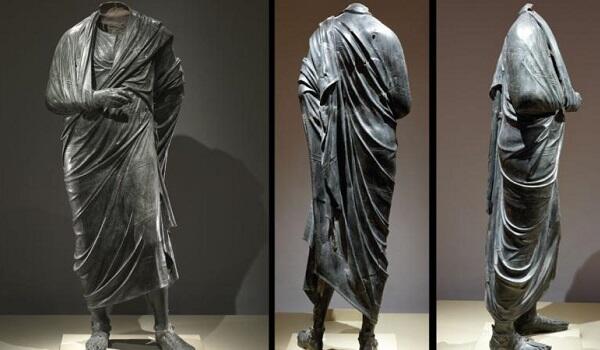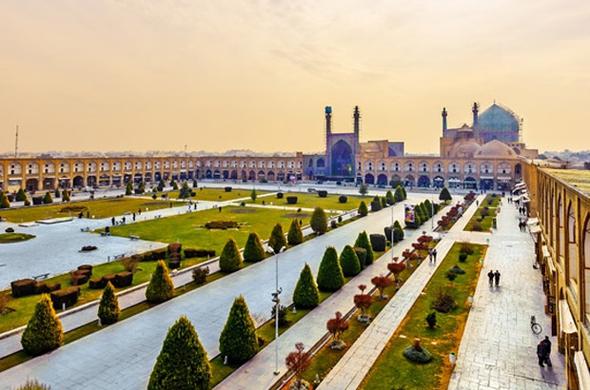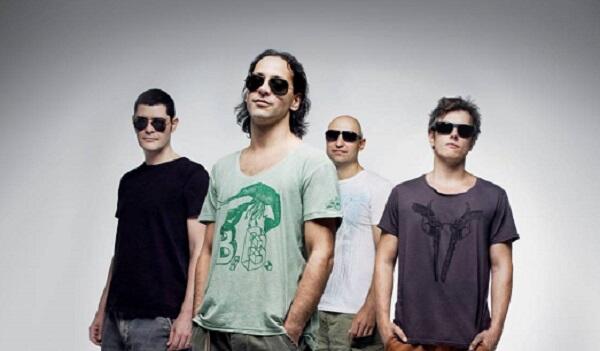Axar.az presents an article “A Municipal Chat” by John Samuel Tieman.
I made a Facebook “friend” from Eastern Europe. Our initial interest was poetry. He's a poet and so am I. I also mentioned in passing how, a little over a year ago, I was elected to my City Council. To which he responded, “Oh, I myself was a City Councilor, 2017-2021.”
So we chatted about municipal politics. I mentioned that my municipality is nonpartisan. “Party politics never get into our day-to-day stuff. How much does a new fire truck cost? There’s nothing party about that.“
I also said, “I feel that politics has made me more dedicated to my neighbor.“ Politics, when done well, broadens the politician. Representing thousands of folks should make a politician more open, thoughtful, patient, better informed, conscious of personal limitations, less interested in self and more in search of the common good. Should.
That's where the following thread began. An editorial note. His comments below were almost continuous, and only interrupted by my brief words, which I leave out. I have only lightly edited bits of his writing, Americanized a spelling, inserted a comma, that sort of thing. Honestly, I am impressed by his command of our language. His anonymity is intentional.
***
“Although it was a valuable experience for me to serve as a member of the municipal council, I have come to realize that it's a space that demands a significant personal sacrifice – of time, energy, and often one’s own values. Politics, by its nature, tends to narrow perspectives rather than broaden them. Instead of focusing on the greater good, you're frequently placed in situations where party lines and short-term interests take precedence. It's not always an environment where you can be fully authentic or honest, and for that reason, with respect, I feel that my place is outside of that sphere. But as someone who has studied Political Science besides other majors, it is my point of interest from 'the outside' . “
“In our country, although the written law is in favor of local democracy, the reality is totally different … .“
“Individual members of the council, whether within or outside political parties, often lack the space to act independently, and their personal views rarely carry the same weight as the influence of imposed party positions. Speaking for myself, I’ve often engaged in well-argued discussions and put forward proposals that differed from the party line – proposals that were rooted in the real needs of the local community. However, the structure of political decision-making tends to sideline such initiatives in favor of collective alignment, even when that alignment doesn’t fully reflect what people on the ground truly need.“
“All the typical issues that concern the local community – from dealing with urban challenges to addressing pollution in the wider region – are discussed and decided on by the council within its scope of authority. However, in many cases, the decisions made by the majority are heavily influenced by directives from the central government and its broader political agenda. This often leaves little room for genuine local priorities to shape the outcomes, even when the discussions at the council level reflect the real needs and concerns of the residents.
***
“My friend's city council answered to a centralized government. But we Americans should not be sanguine. If Donald Trump has his way, we too will answer to his centralized government. Simply put, MAGA would abolish the democratic republic. From the municipal level to the federal level, we would all answer to The Dear Leader.
Which is why ideals, in our case the ideals and norms of the democratic republic, are vital. If these are lost, what's left for us beyond the power politics of authoritarians? My European friend kept his ideals in circumstances wherein his ability to truly represent his constituents was circumvented. I admire him. The challenge for the United States now is to prevent the establishment of such circumventing before it becomes our new and unassailable norm.
Because I am a municipal politician, my perspective has its limits. My office is humble. But I frequently interact with politicians in other municipalities, as well as the occasional county and state politician. If I were to say what commonly motivates such folks, I'd say idealism. Sometimes it's the ideal state. Sometimes it's the ideal environment. Sometimes it's the ideal shopping center. In May of 1515, Thomas More began drafting “Utopia” while he also penned a trade agreement. Practical politics and idealism are not opposites. That said, one associate, Kelli Dunaway, who served on the St. Louis County Council, said to me the other day, “There are two types of politicians, public servants and self servants.” Perhaps I've just gotten lucky with my immediate associates. Nonetheless, I am far from unaware of those “self servants.” I merely think that such corruption is a personal choice. It's never imposed.
I chatted with several folks at City Hall. I was pondering whether to accept two free tickets to a musical event, these from a grateful constituent, Miriam. About the same time, Donald Trump accepted from Qatar a free 747. Corruption is always a personal choice. Such corruption, however, isn't about things. It begins with a corruption of the soul.
By the way, I will accept the tickets. They are under our $50 state limit on gifts. But mostly, it's about relationship. Municipal politics is quite intimate. I like Miriam. She likes me. She's being kind. I don't want to hurt her feelings by seeming churlish. I often say that municipal politics is the most intimate level of the democratic republic. It includes neighbors, friends, family. When we feel lost, we do well to remember who we can touch.


